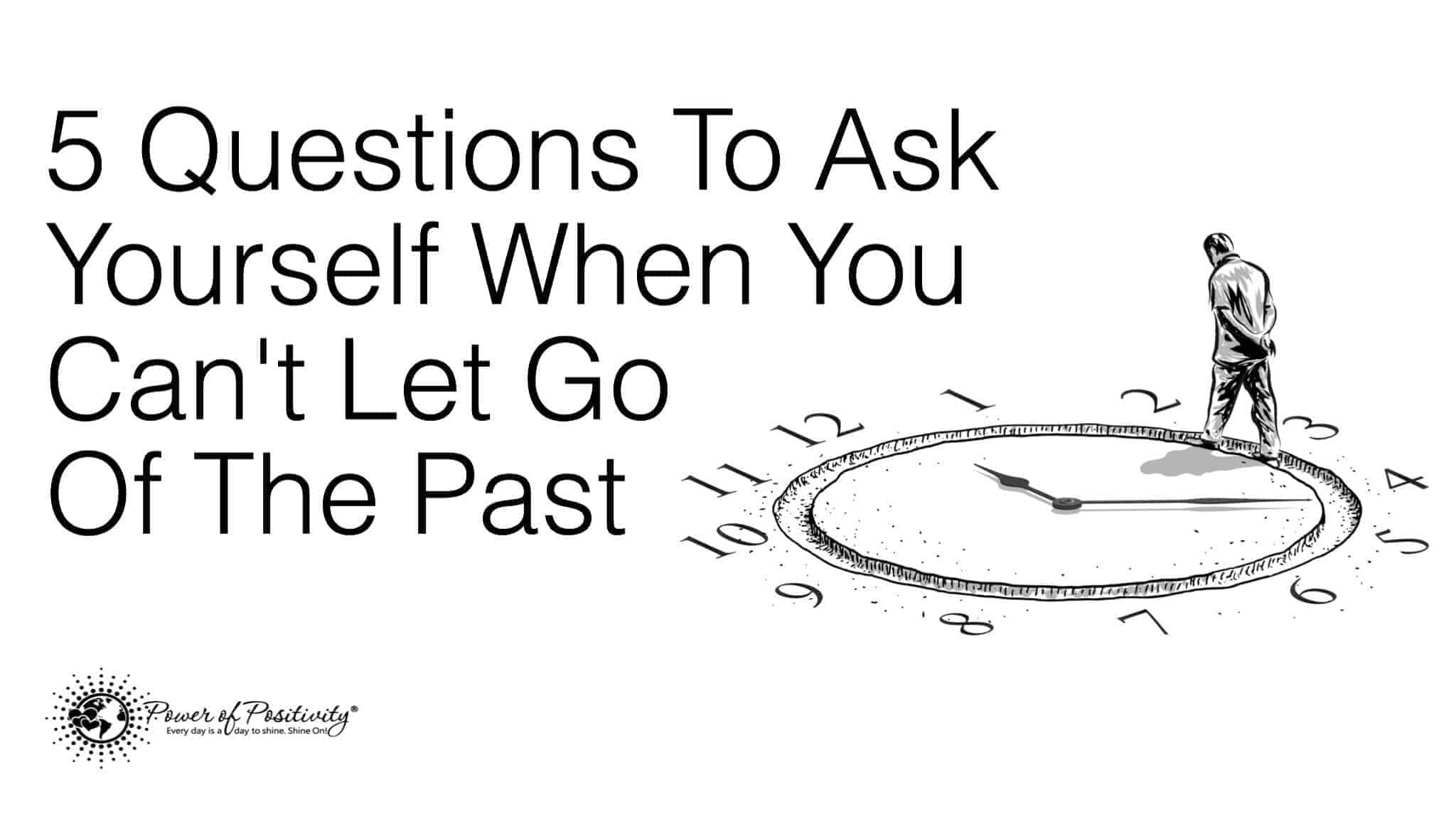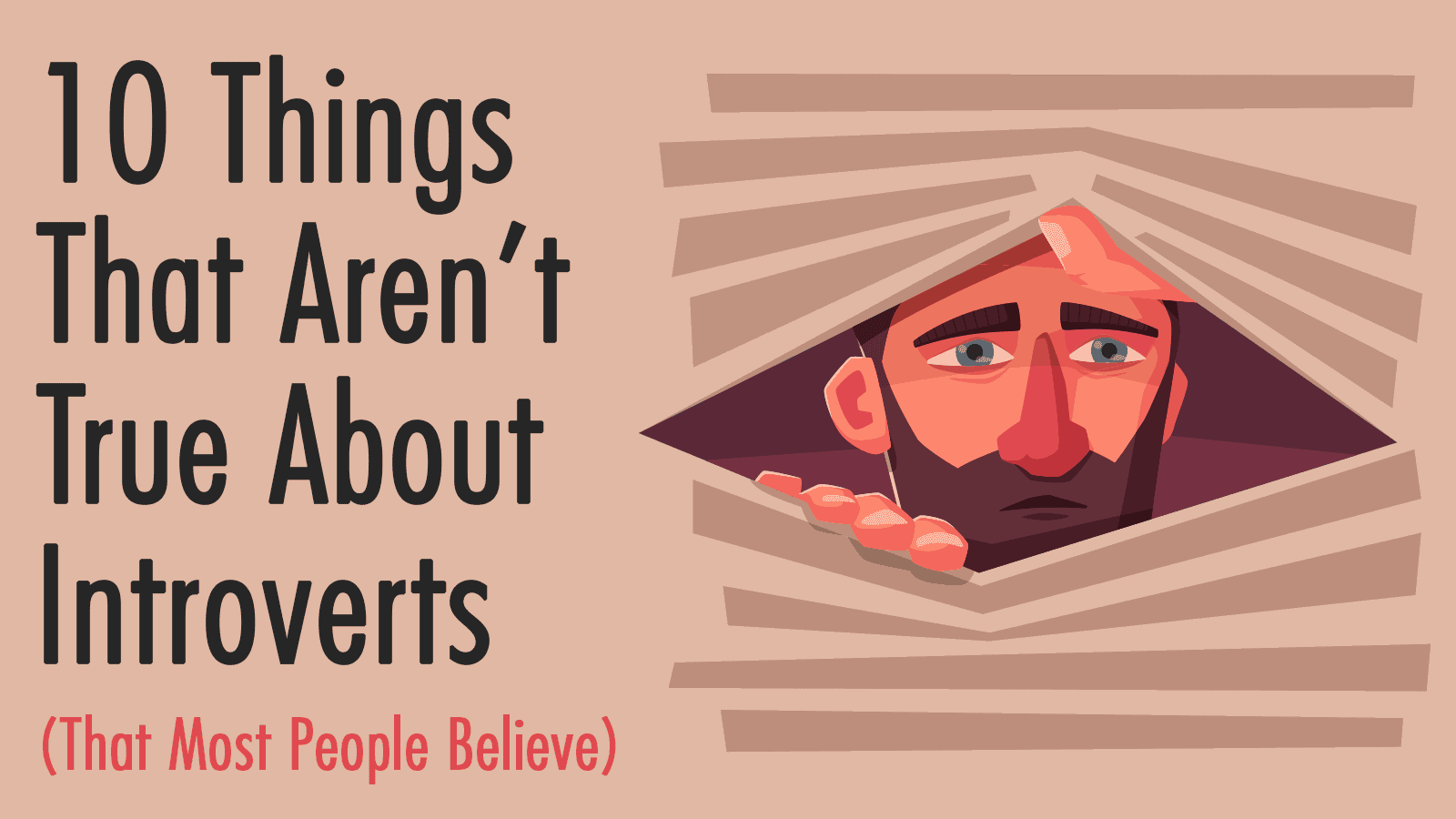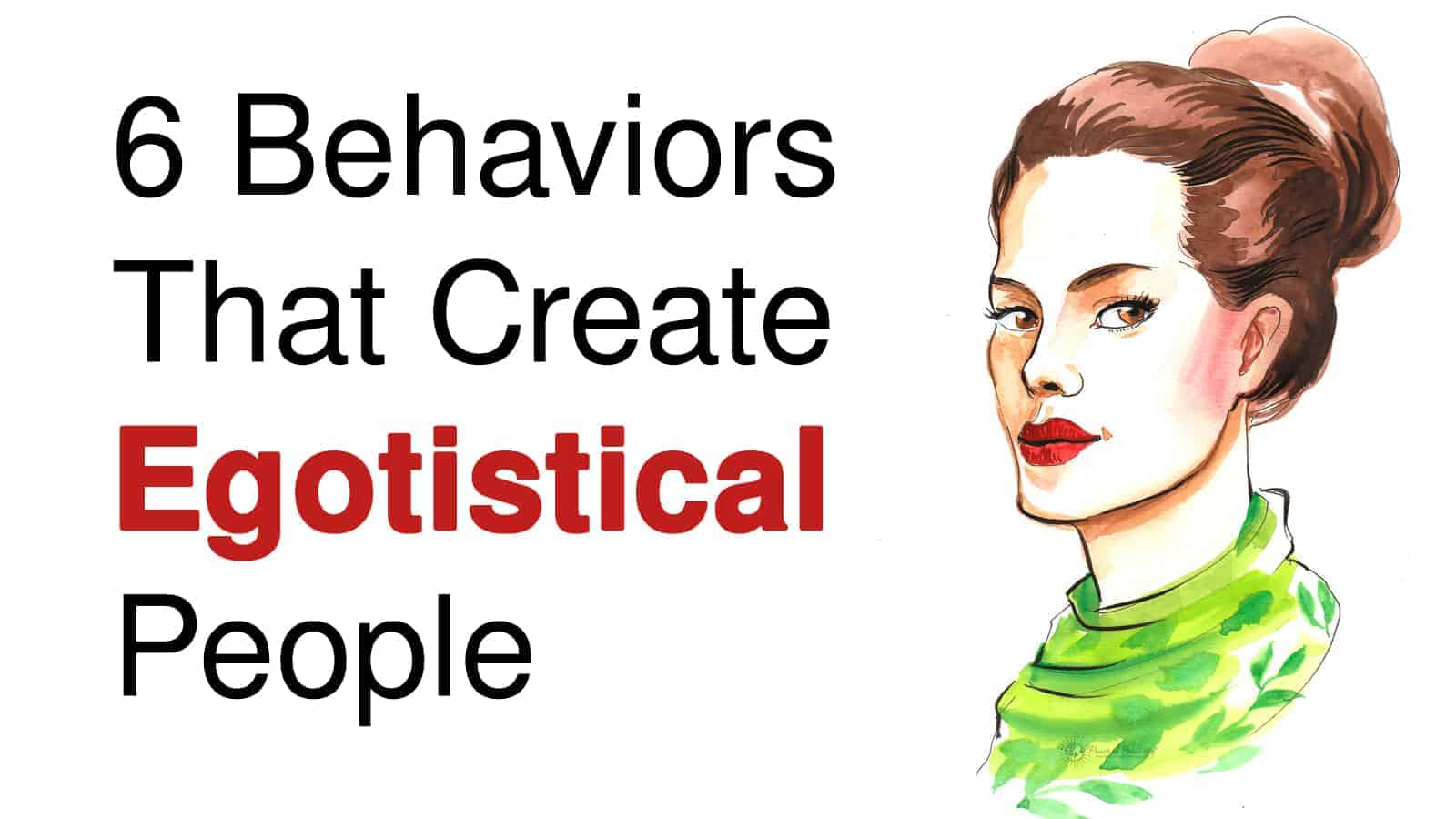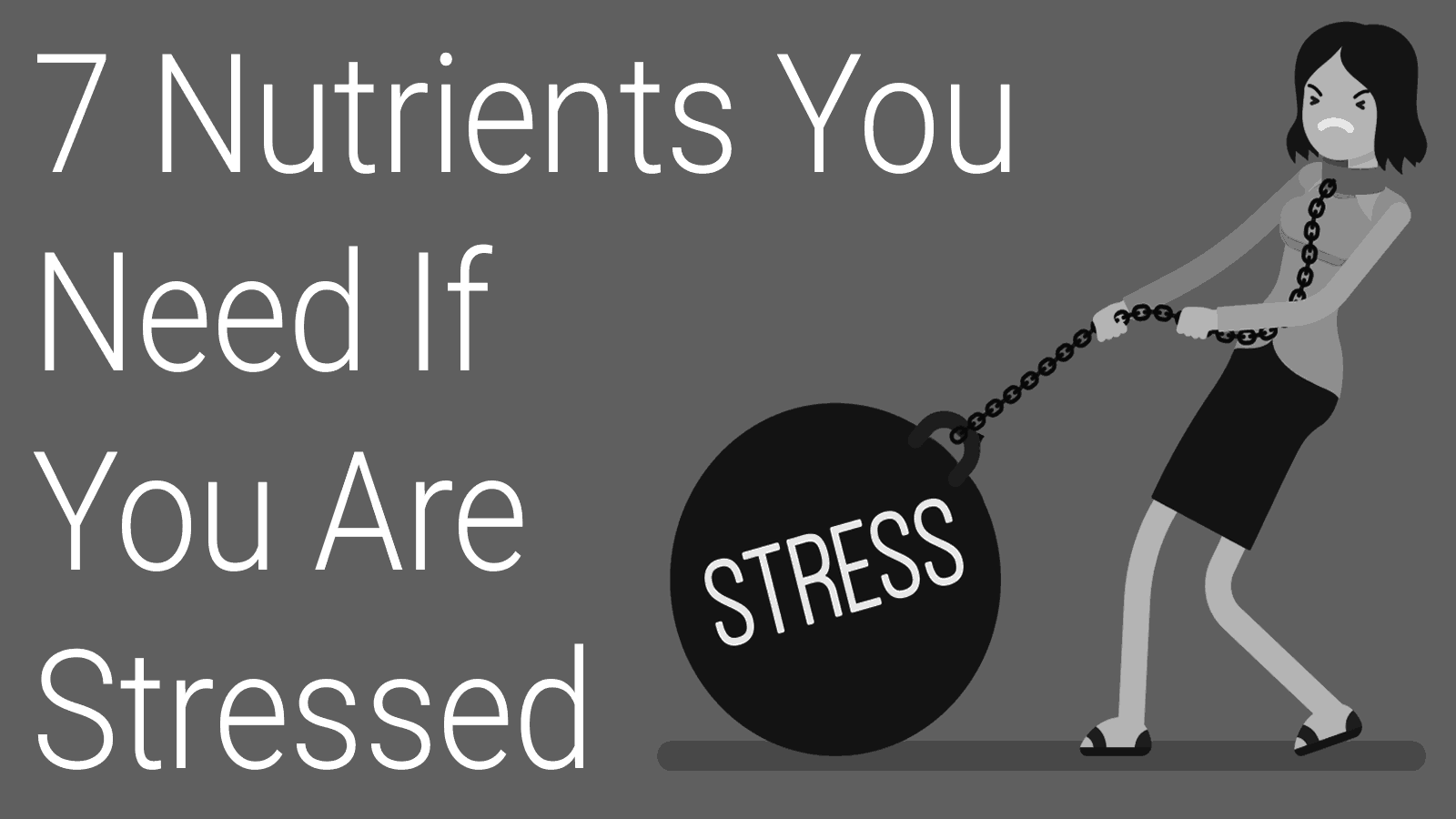During these beautiful yet turbulent times on Earth, you might find yourself longing for a deeper meaning to life beyond your relationships, job, or finances. As we continue to move further along in this grand shift, we all will take different paths on our journey to enlightenment. However, these universal tips can help many of us connect with our soul on a deeper level.
And, in the process, we may unlock our full potential to shine our brightest light.
Connect with your soul on a deeper level using these 7 tips:
1 – Practice Gratitude
If you want to experience the pureness of your soul, incorporating gratitude into your everyday life will help you open your heart and connect to your true essence: Love. When you wake up each day, eat a nutritious meal, hug your loved ones, or get a new job, express your thanks to the Universe.
After all, you are the universe experiencing itself, so any experience can help you reach higher levels of consciousness. Even if you experience something negative, still try to remain thankful. Valuable lessons are often disguised as tough teachers.
2 – Eat Lighter Foods
Any time you eat chemical-laden foods that don’t come directly from a natural source, you feed your body heavy energies that will promote frantic and chaotic feelings. In general, fresh, raw, organic fruits and vegetables will give you all the nutrients you need (except B12 and Vitamin D) and allow you to experience a deeper soulful connection
3 – Meditate Often
The best way to get to know the soul within is to sit still and embrace the silence. You came from a place free of stillness and tranquility, so meditation allows you to connect back to the source and stay grounded on a planet full of all sorts of distractions.
We have all been thrown into this fast-paced, chaotic world, but that doesn’t mean we have to give in to this energy. Meditation will help you stay calm and connected to higher realms outside of this physical, 3D world.
4 – Accept Your Past
The longer you fight your past, the longer you will carry the karmic energy from it. No matter who hurt you or what you went through, accept it as part of your journey and move on. Forgive the people that brought you down, and look at them as helpful lessons learned on your journey.
Every person you encounter and experience you have can guide you on your way back home to source energy, so leave your past behind you and look with optimism to the future.
5 – Do Things You Love
One of the best ways to connect with your soul is to do what makes you happy! Fill your days with activities that make you come alive, such as drawing, writing, or playing outside. All too often, we pay too much attention to our worldly responsibilities and forget about actually enjoying our time here. Even if you have to switch jobs or careers to incorporate more of what you love, do what you need to do in order to feel fulfilled and vibrant.
If you zoom out for a second and realize that our time here on Earth is limited, this will help you to do more of what you love while you can, and remove the things that no longer serve you.
6 – Recognize Your Oneness
Realize that everything connects with everything else on a divine level and that you make up a part of this oneness. The universe has no limits, which means you have endless potential as well. In order to truly connect with your infinite being, you must remove all the barriers you once had and realize that the consciousness within you is also within other people, plants, and every animal on Earth. This will help you not feel so alone on your spiritual journey, and remind you that we are all one.
7 – Open Your Heart
Don’t shy away from vulnerability; once you reveal your true self to others, you will set yourself free. Most people tuck their emotions deep within themselves, thinking that expressing feelings makes them weak or exposed. However, in order to really get to know yourself, you have to let yourself shine. This means opening up and taking down the walls that you have built around yourself throughout your life. When you open your heart, you will be able to connect to your soul more, which will help you connect to others. The ego lives within the mind, but the soul lives within the heart.
How Will You Improve Your Soul Connection?
Join the discussion: What daily or weekly habits and practices do you put into place to make, and keep, a strong connection with your soul? Share with the community in the conversation below!
























